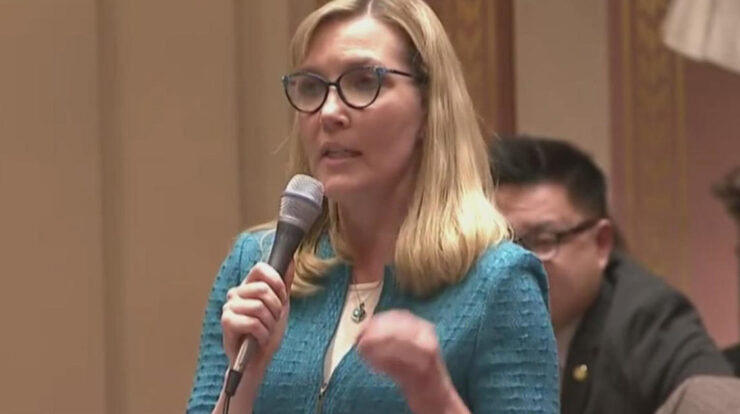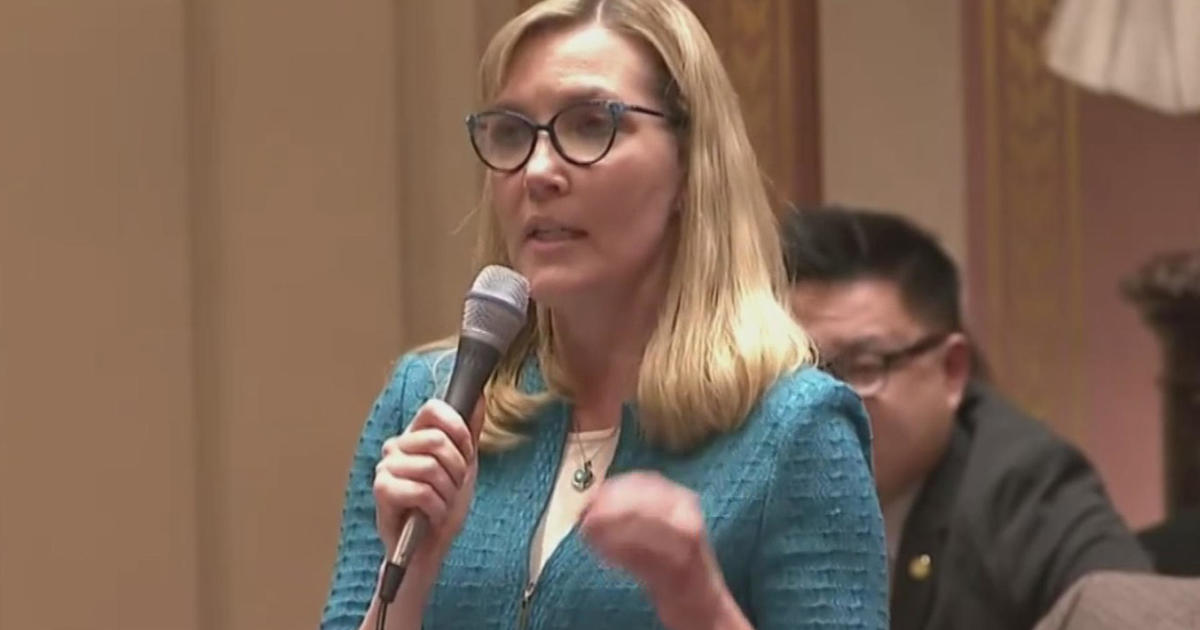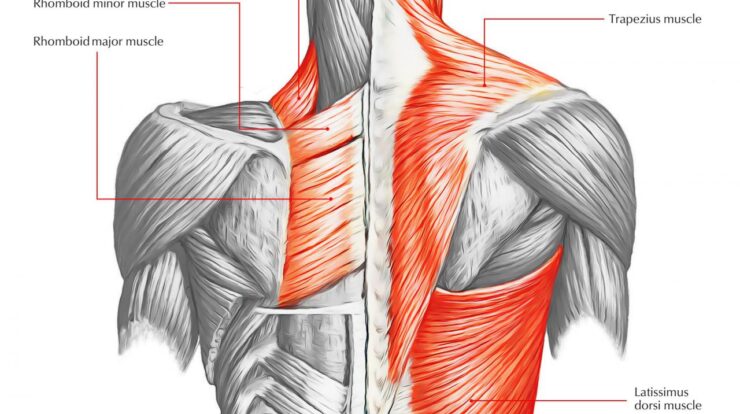
Minnesota state senator nicole mitchell – Nicole Mitchell, Minnesota State Senator, has emerged as a formidable figure in state politics, shaping policy and advocating for her constituents with unwavering determination. From her humble beginnings to her influential role in the legislature, her journey is a testament to the power of dedicated public service.
Throughout her tenure, Senator Mitchell has championed key legislative initiatives, addressing pressing issues facing Minnesota. Her unwavering commitment to education, healthcare, and economic development has left an indelible mark on the state’s policies and governance.
Personal and Political Background
Nicole Mitchell, a Democrat, has served as a Minnesota State Senator since 2011. Born and raised in St. Paul, she holds a bachelor’s degree in political science from the University of Minnesota and a master’s degree in public administration from Hamline University.
Mitchell’s political journey began in the 1990s when she worked as a community organizer. She was elected to the St. Paul City Council in 2005, where she served until 2011.
Key Legislative Initiatives
During her tenure as a state senator, Mitchell has sponsored or co-sponsored several significant pieces of legislation, including:
- The Minnesota Equal Pay Act, which prohibits employers from discriminating against employees based on gender in the payment of wages.
- The Minnesota Affordable Care Act, which expanded access to health insurance for thousands of Minnesotans.
- The Minnesota Clean Energy Act, which aims to reduce greenhouse gas emissions and promote the development of renewable energy sources.
Constituent Engagement

Mitchell is known for her strong constituent engagement. She regularly holds town hall meetings, visits businesses and community organizations, and responds promptly to constituent inquiries.
Mitchell’s outreach efforts have been praised by constituents, who appreciate her accessibility and responsiveness. Her commitment to constituent engagement has helped her build strong relationships with the people she represents.
Political Affiliations and Alliances
Mitchell is a member of the Democratic-Farmer-Labor Party (DFL). She is a member of the Senate’s DFL leadership team and serves as the chair of the Senate Education Committee.
Mitchell has built strong alliances with other DFL legislators, as well as with some Republican legislators. She is known for her ability to work across party lines to find common ground and pass legislation that benefits all Minnesotans.
Policy Positions and Advocacy
Mitchell is a progressive Democrat who supports policies that promote social and economic justice. She is a strong advocate for education, healthcare, and affordable housing.
Mitchell has been a vocal critic of President Donald Trump and his policies. She has also been a strong supporter of the Black Lives Matter movement and other social justice initiatives.
Leadership and Impact: Minnesota State Senator Nicole Mitchell
Mitchell is a respected leader in the Minnesota legislature. She is known for her intelligence, her commitment to public service, and her ability to build consensus.
Mitchell has had a significant impact on Minnesota politics. She has played a key role in passing legislation that has improved the lives of Minnesotans. She has also been a strong advocate for social justice and equality.
Epilogue
Senator Mitchell’s leadership and impact extend beyond the legislative chambers. Her ability to build consensus and mentor other legislators has played a pivotal role in shaping the direction of the state legislature. Her unwavering dedication to her constituents and her passion for making a difference have solidified her position as a respected and influential force in Minnesota politics.
Essential FAQs
What are Senator Mitchell’s key policy positions?
Senator Mitchell’s policy positions align with progressive values, prioritizing education, affordable healthcare, and sustainable economic development.
How does Senator Mitchell engage with her constituents?
Senator Mitchell actively engages with her constituents through town hall meetings, community events, and regular communication channels, ensuring their voices are heard in the decision-making process.





